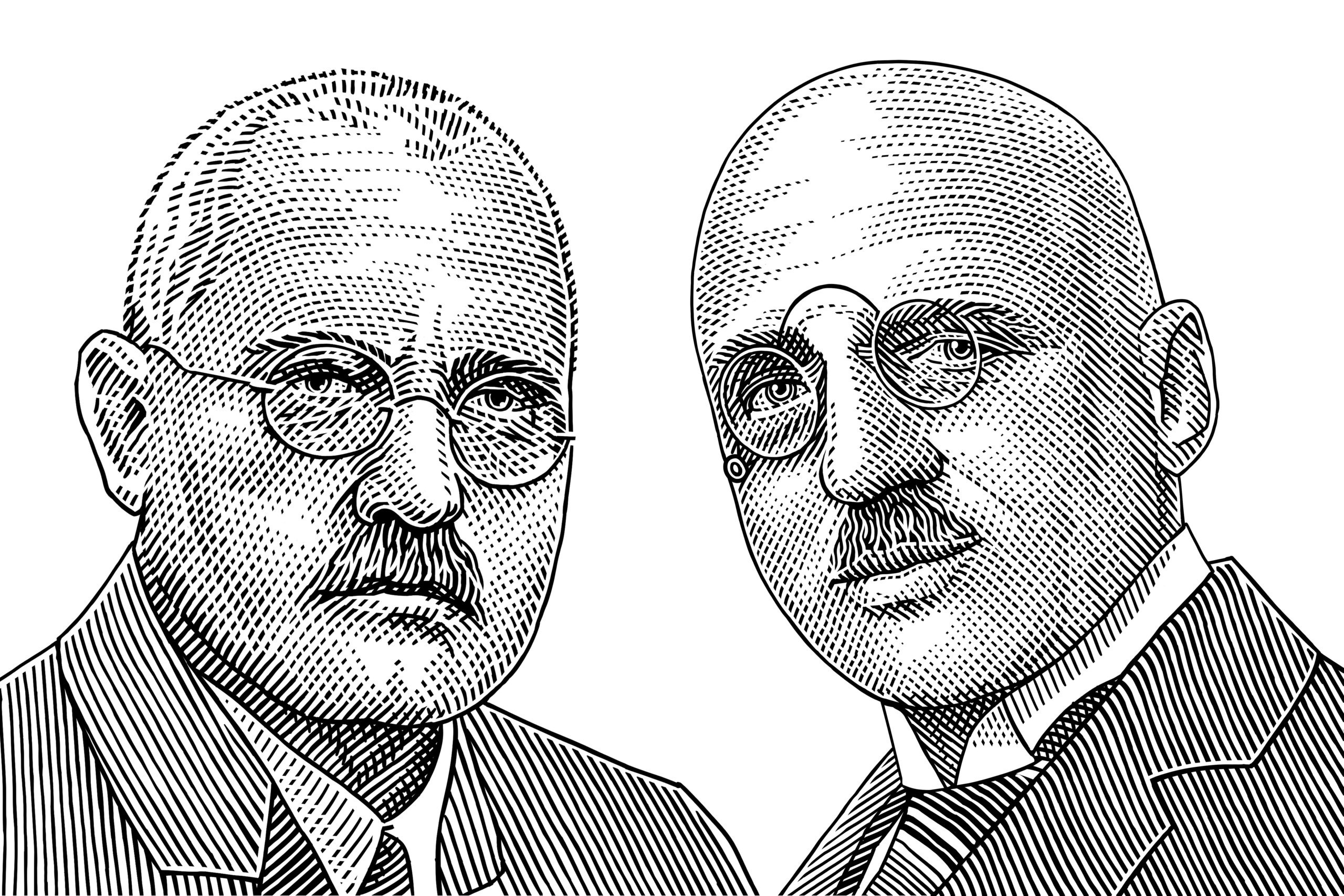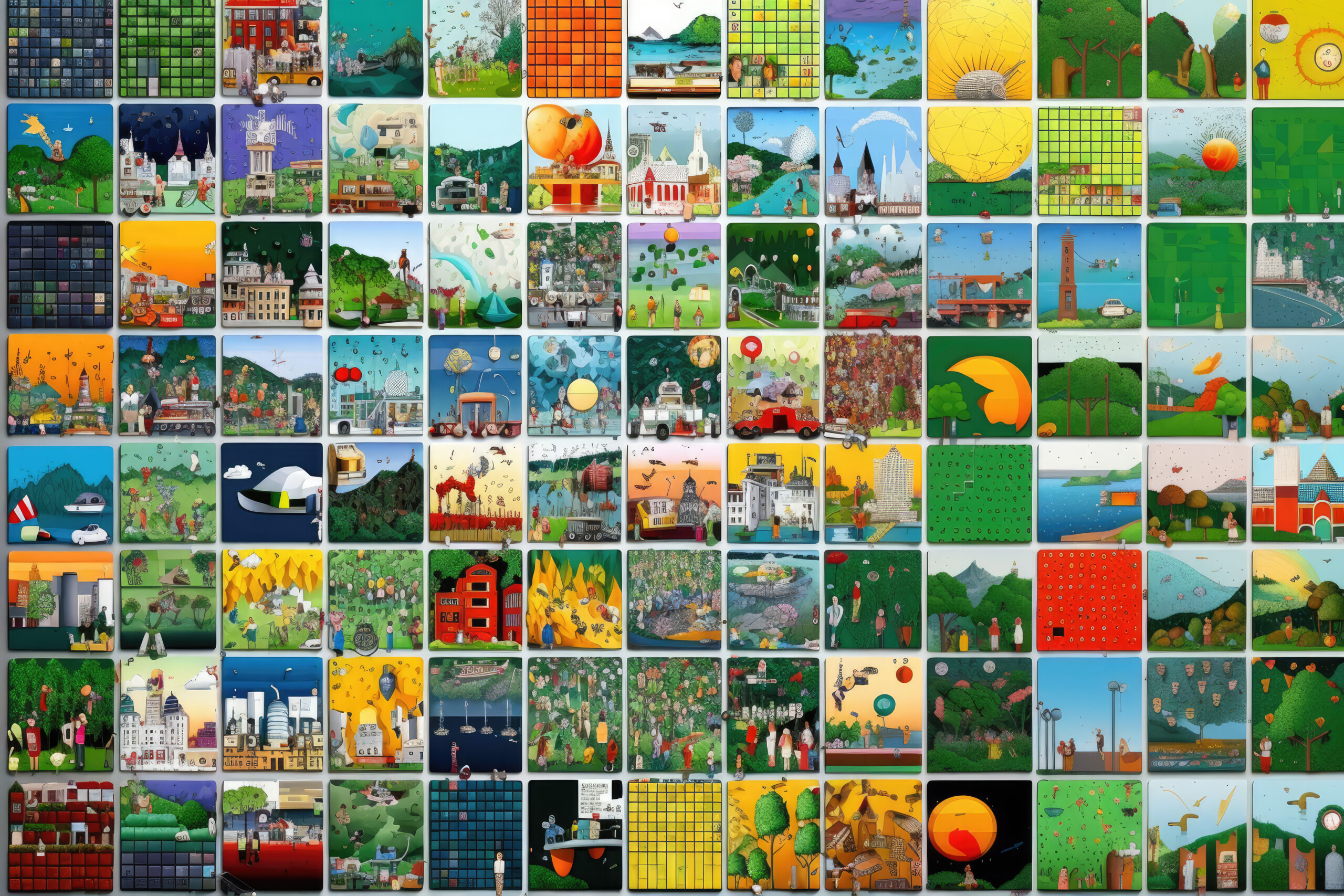Today marks the second installment of a new series of articles by HumanProgress.org titled, The Heroes of Progress. This bi-weekly column gives a short overview of unsung heroes, who have made an extraordinary contribution to the wellbeing of humanity. You can find the 1st part of this series here.
Our second Heroes of Progress installment features two German Nobel Prize-winning scientists, Fritz Haber and Carl Bosch. The two have created the “Haber-Bosch process,” which efficiently converts nitrogen from the air into ammonia (i.e., a compound of nitrogen and hydrogen). Ammonia is then used as a fertilizer to dramatically increase crop yields. The impact of Haber and Bosch’s work on global food production transformed the world forever.
Throughout the 19th century, farmers used guano (i.e., the accumulated excrement of seabirds and bats) as highly effective fertilizer due to its exceptionally high content of nitrogen, phosphate and potassium – nutrients that are essential for plant growth. But by the beginning of the 20th century, guano deposits started to run out, and the price of the fertilizer began to increase. If a solution to the depletion of guano hadn’t come soon, famine would have followed.
Enter, Fritz Haber. Born in 1868 in Breslau, Germany (now part of Poland), Haber began studying chemistry at the age of 18 at the University of Heidelberg. By 1894, Haber worked at the University of Karlsruhe, researching methods to synthesize nitrogen. Nitrogen is very common in the atmosphere, but the chemical element is difficult to extract from the air and turn into a liquid or solid form (a process known as “fixing” nitrogen).
After thousands of experiments over almost 15 years, Haber succeeded in producing ammonia on July 3rd, 1909. That proved that commercial production was possible. However, Haber’s breakthrough occurred in a small tube, 75 centimetres tall and 13 centimetres in diameter. At the start of the 20th century, large containers that could handle the pressures and temperatures required for industrial scale production of ammonia did not yet exist.
That is where Carl Bosch enters the story. Born in Cologne in 1874, Bosch studied metallurgy at the University of Charlottenburg in 1894, before transferring to the University of Leipzig to receive his doctorate in chemistry in 1898. Bosch met Haber in 1908 and after finding out about the latter’s breakthrough the following year, Bosch took on the challenge of developing suitable containers that could manage Haber’s process on the industrial level.
Within four years Bosch was producing ammonia in 8-meter-tall containers. The Haber-Bosch process was born. By 1913, Bosch had opened a factory that kick-started the fertilizer industry that we know today.
The discovery of the Haber-Bosch process meant that for the first time in human history it became possible to produce synthetic fertilizers that could be used on enough crops to sustain the Earth’s increasing population. It’s nearly impossible to say how many lives this breakthrough saved, but the expansion of the world’s population from 1.6 billion in 1900, to more than 7.3 billion today, “would not have been possible without the synthesis of ammonia,” claims the Czechian scientist Vaclav Smil.

After their revolutionary contribution to human progress, the two scientists worked to help Germany during World War I. Bosch focused on bomb making, while Haber became instrumental in developing chlorine gas. When Adolf Hitler came to power in 1933, Haber fled Germany to teach at Cambridge University, and he died shortly after in 1935. Meanwhile, in 1937, Bosch was appointed President of the Kaiser Wilhelm Institute – Germany’s highest scientific position. Being a staunch critic of Nazi policies, Bosch was soon removed from that position and died in 1940.
Today, more than 159 million tonnes of ammonia are produced annually, and while ammonia is also used for cleaning and as a refrigerant, 88 percent of ammonia is used for fertilizer. It is estimated that if average crop yields remained at their 1900 level, the crop harvest in the year 2000 would have required nearly four times more cultivated land than was actually cultivated. That equates to an area equal to almost half of all land on ice-free continents – rather than just the 15 percent that is needed today.
Without the combined efforts of Fritz Haber and Carl Bosch, the world’s population would be much smaller than it is today. The two have truly changed the world for the better. Their lasting contribution to the wellbeing of humanity means that they rightly deserve to be our second Heroes of Progress.
PS: Carl Bosch is on the left of our cover picture and Fritz Haber is on the right of our cover picture



